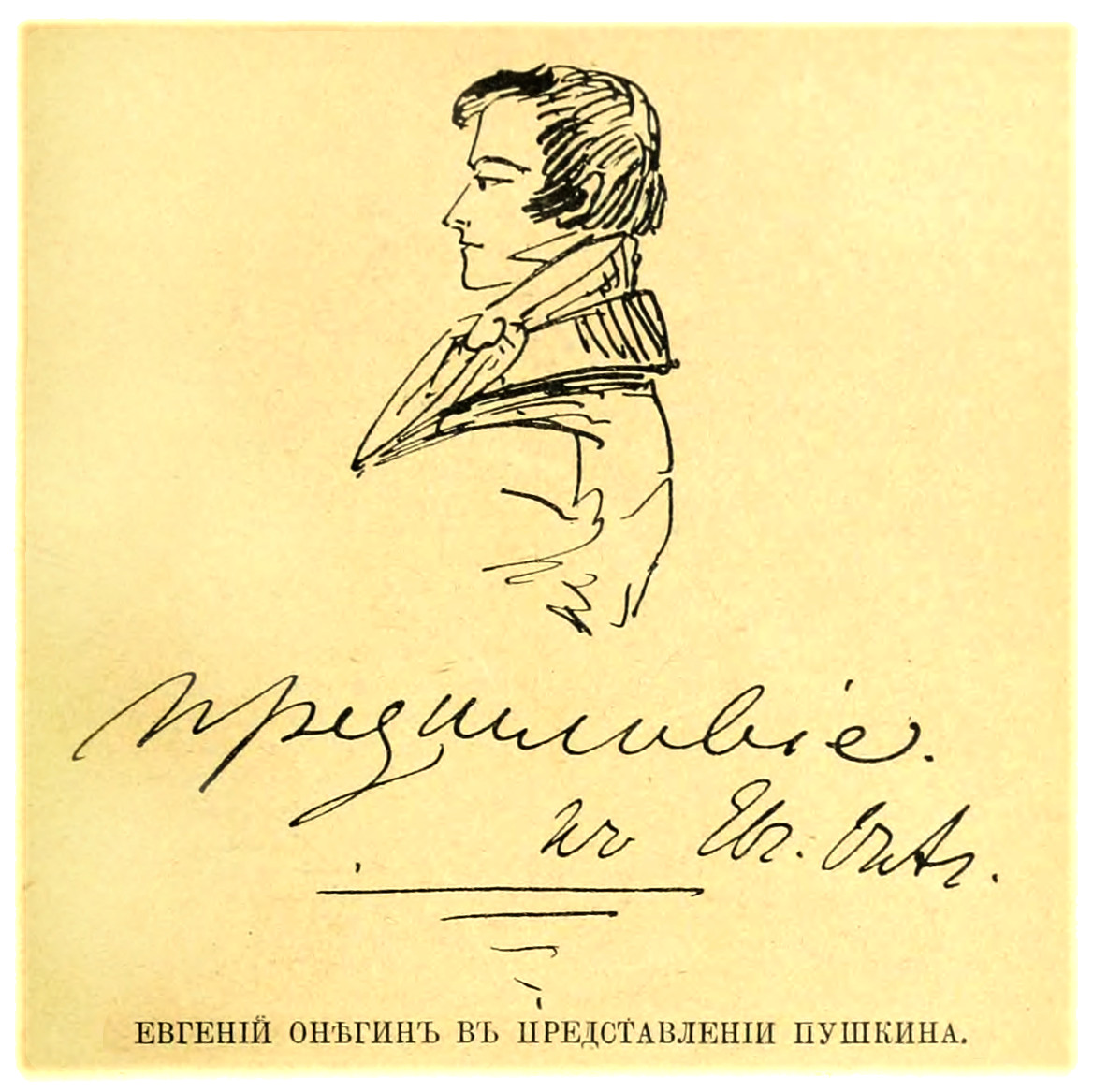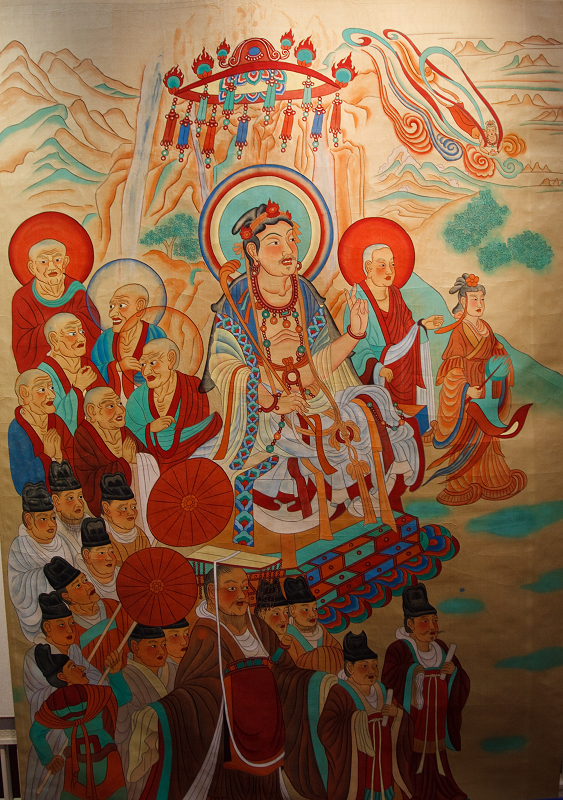|
Three Chinese Poets
''Three Chinese Poets'' is a book of poetry by the titular poets Wang Wei, Li Bai and Du Fu translated into English by Vikram Seth. The Three Poets were contemporaries and are considered to be amongst the greatest Chinese poets by many later scholars. The three have been described as a Buddhist recluse, a Taoist immortal and a Confucian sage respectively. Though this trichotomy has been criticised as simplistic and artificial, it can act as a guiding approximation. They lived in the Tang Dynasty and the political strife at that time affected all of their lives very much and this impact is evident in the poetry of all three. It is not clear whether Wang Wei and Li Bai ever met, but they had a mutual friend in Meng Haoran. Li Bai and Du Fu did meet and in fact Du Fu greatly admired Li Bai. In the introduction of ''Three Chinese Poets'', Seth talks about the influence of translations on his life and work; that while sometimes he has been so moved by a translation that he lea ... [...More Info...] [...Related Items...] OR: [Wikipedia] [Google] [Baidu] |
Charles Johnston (diplomat)
Sir Charles Hepburn Johnston (11 March 1912 – 23 April 1986), was a senior British diplomat and translator of Russian poetry. Biography He was born in London, the son of Ernest Johnston and Emma Hepburn, on 11 March 1912. He was educated at Winchester College, and Balliol College, Oxford, joining the Diplomatic Service in 1936. He was appointed Third Secretary in Tokyo 1939–1941; First Secretary in Cairo 1945–1948; and Madrid 1948–1955; Head of the China and Korea Department 1952–1954; and Counsellor in Bonn 1954–1955. His first senior appointment was as Ambassador to Jordan 1956–1959. He then became Governor and Commander-in-Chief of Aden and High Commissioner for the Protectorate of South Arabia 1959–1963. His final posting was as High Commissioner to Australia 1965–1971. On retirement, he became a company director and published several volumes of prose and poetry. He also translated Alexander Pushkin's novel in verse ''Eugene Onegin'' from the Russian, ... [...More Info...] [...Related Items...] OR: [Wikipedia] [Google] [Baidu] |
Poetry Anthologies
In book publishing, an anthology is a collection of literary works chosen by the compiler; it may be a collection of plays, poems, short stories, songs or excerpts by different authors. In genre fiction, the term ''anthology'' typically categorizes collections of shorter works, such as short stories and short novels, by different authors, each featuring unrelated casts of characters and settings, and usually collected into a single volume for publication. Alternatively, it can also be a collection of selected writings (short stories, poems etc.) by one author. Complete collections of works are often called "complete works" or "" (Latin equivalent). Etymology The word entered the English language in the 17th century, from the Greek word, ἀνθολογία (''anthologic'', literally "a collection of blossoms", from , ''ánthos'', flower), a reference to one of the earliest known anthologies, the ''Garland'' (, ''stéphanos''), the introduction to which compares each of its an ... [...More Info...] [...Related Items...] OR: [Wikipedia] [Google] [Baidu] |
Ezra Pound
Ezra Weston Loomis Pound (30 October 1885 – 1 November 1972) was an expatriate American poet and critic, a major figure in the early modernist poetry movement, and a Fascism, fascist collaborator in Italy during World War II. His works include ''Ripostes'' (1912), ''Hugh Selwyn Mauberley'' (1920), and his 800-page Epic poetry, epic poem, ''The Cantos'' (c. 1917–1962). Pound's contribution to poetry began in the early 20th century with his role in developing Imagism, a movement stressing precision and economy of language. Working in London as foreign editor of several American literary magazines, he helped discover and shape the work of contemporaries such as T. S. Eliot, Ernest Hemingway, and James Joyce. He was responsible for the 1914 serialization of Joyce's ''A Portrait of the Artist as a Young Man'', the 1915 publication of Eliot's "The Love Song of J. Alfred Prufrock", and the serialization from 1918 of Joyce's ''Ulysses (novel), Ulysses''. Hemingway wrote ... [...More Info...] [...Related Items...] OR: [Wikipedia] [Google] [Baidu] |
Iliad
The ''Iliad'' (; grc, Ἰλιάς, Iliás, ; "a poem about Ilium") is one of two major ancient Greek epic poems attributed to Homer. It is one of the oldest extant works of literature still widely read by modern audiences. As with the ''Odyssey'', the poem is divided into 24 books and contains 15,693 lines in its most widely accepted version, and was written in dactylic hexameter. Set towards the end of the Trojan War, a ten-year siege of the city of Troy by a coalition of Mycenaean Greek states, the poem depicts significant events in the siege's final weeks. In particular, it depicts a fierce quarrel between King Agamemnon and a celebrated warrior, Achilles. It is a central part of the Epic Cycle. The ''Iliad'' is often regarded as the first substantial piece of European literature. The ''Iliad'', and the ''Odyssey'', were likely written down in Homeric Greek, a literary amalgam of Ionic Greek and other dialects, probably around the late 8th or early 7th century BC. Homer's ... [...More Info...] [...Related Items...] OR: [Wikipedia] [Google] [Baidu] |
Robert Fitzgerald
Robert Stuart Fitzgerald (; 12 October 1910 – 16 January 1985) was an American poet, literary critic and translator whose renderings of the Greek classics "became standard works for a generation of scholars and students".Mitgang, Herbert (January 17, 1985). Robert Fitzgerald, 74, poet who translated the classics. ''New York Times'' He was best known as a translator of ancient Greek and Latin. He also composed several books of his own poetry. Biography Fitzgerald grew up in Springfield, Illinois, and graduated from The Choate School (now Choate Rosemary Hall) in Wallingford, Connecticut. He entered Harvard in 1929, and in 1931 a number of his poems were published in Poetry magazine. After graduating from Harvard in 1933 he became a reporter for ''The New York Herald Tribune'' for a year. Later he worked several years for TIME magazine. In 1940, William Saroyan lists him among "associate editors" at ''Time'' in the play, ''Love's Old Sweet Song''. Whittaker Chambers mentions h ... [...More Info...] [...Related Items...] OR: [Wikipedia] [Google] [Baidu] |
Richard Wilbur
Richard Purdy Wilbur (March 1, 1921 – October 14, 2017) was an American poet and literary translator. One of the foremost poets of his generation, Wilbur's work, composed primarily in traditional forms, was marked by its wit, charm, and gentlemanly elegance. He was appointed the second Poet Laureate Consultant in Poetry to the Library of Congress in 1987 and received the Pulitzer Prize for Poetry twice, in 1957 and 1989. Early years Wilbur was born in New York City on March 1, 1921, and grew up in North Caldwell, New Jersey. In 1938 he graduated from Montclair High School, where he worked on the school newspaper. He graduated from Amherst College in 1942 and served in the United States Army from 1943 to 1945 during World War II. He attended graduate school at Harvard University. Wilbur taught at Wellesley College, then Wesleyan University for two decades and at Smith College for another decade. At Wesleyan he was instrumental in founding the award-winning poetry series of the ... [...More Info...] [...Related Items...] OR: [Wikipedia] [Google] [Baidu] |
Eugene Onegin
''Eugene Onegin, A Novel in Verse'' ( pre-reform Russian: ; post-reform rus, Евгений Оне́гин, ромáн в стихáх, p=jɪvˈɡʲenʲɪj ɐˈnʲeɡʲɪn, r=Yevgeniy Onegin, roman v stikhakh) is a novel in verse written by Alexander Pushkin. ''Onegin'' is considered a classic of Russian literature, and its eponymous protagonist has served as the model for a number of Russian literary heroes (so-called ''superfluous men''). It was published in serial form between 1825 and 1832. The first complete edition was published in 1833, and the currently accepted version is based on the 1837 publication. Almost the entire work is made up of 389 fourteen-line stanzas (5,446 lines in all) of iambic tetrameter with the unusual rhyme scheme , where the uppercase letters represent feminine rhymes while the lowercase letters represent masculine rhymes. This form has come to be known as the "Onegin stanza" or the "Pushkin sonnet". The innovative rhyme scheme, the natural tone a ... [...More Info...] [...Related Items...] OR: [Wikipedia] [Google] [Baidu] |
Aleksandr Pushkin
Alexander Sergeyevich Pushkin (; rus, links=no, Александр Сергеевич ПушкинIn pre-Revolutionary script, his name was written ., r=Aleksandr Sergeyevich Pushkin, p=ɐlʲɪkˈsandr sʲɪrˈɡʲe(j)ɪvʲɪtɕ ˈpuʂkʲɪn, a=ru-Pushkin.ogg; ) was a Russian poet, playwright, and novelist of the Romantic era.Basker, Michael. Pushkin and Romanticism. In Ferber, Michael, ed., ''A Companion to European Romanticism''. Oxford: Blackwell, 2005. He is considered by many to be the greatest Russian poetShort biography from University of Virginia . Retrieved 24 November 2006.Allan Rei ... [...More Info...] [...Related Items...] OR: [Wikipedia] [Google] [Baidu] |
Meng Haoran
Meng Haoran (; 689/691–740) was a major Tang dynasty poet, and a somewhat older contemporary of Wang Wei, Li Bai and Du Fu. Despite his brief pursuit of an official career, Meng Haoran mainly lived in and wrote about the area in which he was born and raised, in what is now Hubei province, China. Meng Haoran was a major influence on other contemporary and subsequent poets of the High Tang era because of his focus on nature as a main topic for poetry. Meng Haoran was also prominently featured in the Qing dynasty (and subsequently frequently republished) poetry anthology ''Three Hundred Tang Poems'', having the fifth largest number of his poems included, for a total of fifteen, exceeded only by Du Fu, Li Bai, Wang Wei, and Li Shangyin. These poems of Meng Haoran were available in the English translations by Witter Bynner and Kiang Kanghu, by 1920, with the publication of ''The Jade Mountain''. The ''Three Hundred Tang Poems'' also has two poems by Li Bai addressed to Meng Haor ... [...More Info...] [...Related Items...] OR: [Wikipedia] [Google] [Baidu] |
Wang Wei (Tang Dynasty)
Wang Wei (; 699–759) was a Chinese poet, musician, painter, and politician of the middle Tang dynasty. He is regarded as one of the most famous men of arts and letters of his era. Many of his poems survive and 29 of them are included in the 18th-century anthology ''Three Hundred Tang Poems''. Wang Wei is especially known as a poet and painter of nature. Some 400 poems survive. These were first collected and originally edited into a corpus by his next-youngest brother, Wang Jin, by imperial command. Of his paintings, no authenticated specimens survive, although there is evidence of his work through influences on later paintings and descriptive accounts of his paintings. His musical talents were regarded very highly, although nothing survives of his music except reports. He furthermore had a successful career as a court official. Eventually, he became a devout Zen Buddhist and a vegetarian. Wang Wei spent ten years studying with Chán master Daoguang. Names His family name ... [...More Info...] [...Related Items...] OR: [Wikipedia] [Google] [Baidu] |
Tang Dynasty
The Tang dynasty (, ; zh, t= ), or Tang Empire, was an Dynasties in Chinese history, imperial dynasty of China that ruled from 618 to 907 AD, with an Zhou dynasty (690–705), interregnum between 690 and 705. It was preceded by the Sui dynasty and followed by the Five Dynasties and Ten Kingdoms period. Historians generally regard the Tang as a high point in Chinese civilization, and a Golden age (metaphor), golden age of cosmopolitan culture. Tang territory, acquired through the military campaigns of its early rulers, rivaled that of the Han dynasty. The House of Li, Lǐ family () founded the dynasty, seizing power during the decline and collapse of the Sui Empire and inaugurating a period of progress and stability in the first half of the dynasty's rule. The dynasty was formally interrupted during 690–705 when Empress Wu Zetian seized the throne, proclaiming the Zhou dynasty (690–705), Wu Zhou dynasty and becoming the only legitimate Chinese empress regnant. The devast ... [...More Info...] [...Related Items...] OR: [Wikipedia] [Google] [Baidu] |
.jpg)



